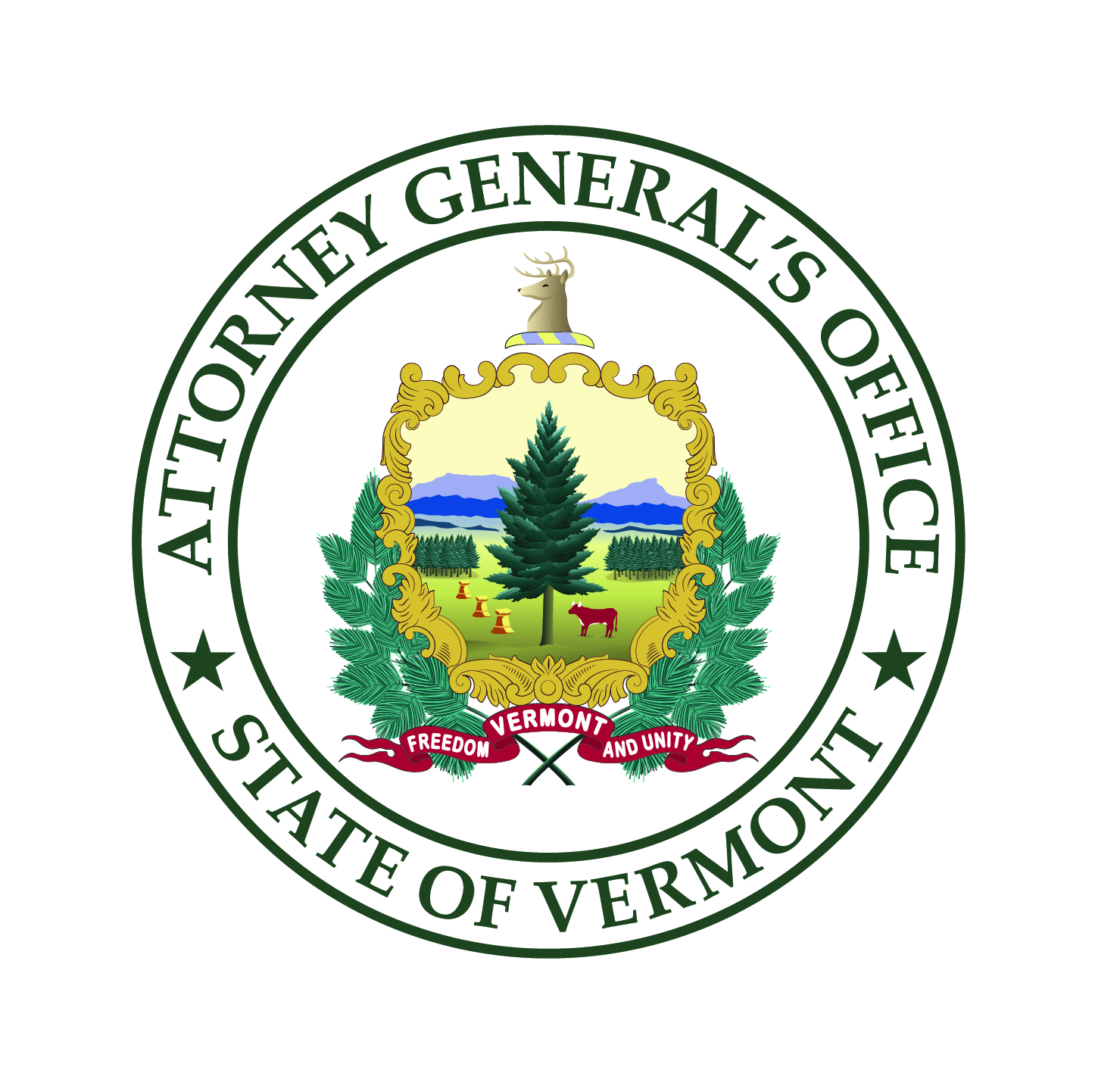Contact: Charity R. Clark, Chief of Staff, 802-828-3171
Attorney General T.J. Donovan is putting debt collectors, creditors, and financial institutions on notice that, in Vermont, federal stimulus money is protected from garnishment or collection. According to the directive issued today by the Attorney General, payments authorized by the federal government’s Coronavirus Aid, Relief, and Economic Security (CARES) Act, are exempt from garnishment or collection under Vermont law. The Attorney General is also urging the banking community to voluntarily suspend collection activity for overdrafts or other administrative fees that could otherwise jeopardize the receipt, reallocation, and circulation of stimulus monies issued to Vermonters as a result of the COVID-19 public health emergency.
The directive instructs: “CARES Act payments are to be preserved to meet the immediate basic needs of all families at a time of extreme economic dislocation: food, rent/mortgage, and utility needs all must be met… The CARES Act payments were designed and intended to go into the pockets of Americans and then ripple through the economy as they are spent at the grocery store, to keep roofs over heads, or to keep the lights on. We are all in this together. Each of us – government, financial institutions, and individual Vermonters – must do our part to help the recovery.”
The CARES Act was signed into law on March 27, 2020, and provides emergency assistance for individuals, families, and businesses affected by the COVID-19 crisis. Under the Act, eligible individuals and families can receive a one-time cash payment from the U.S. Treasury Department based on means-tested eligibility criteria. These payments come in the form of a refundable tax credit, identified as a “recovery rebate” in the Act.
On April 13, 2020, Attorney General Donovan joined a bipartisan group of attorneys general in calling on the federal government to issue guidance to the banking industry and creditors directing that emergency stimulus payments issued through the CARES Act be designated “benefit payments” thereby excluding them from threat of garnishment.
Vermont law exempts these monies from garnishment or collection under 12 V.S.A. § 2740(19)(I). That statute provides that “compensation for loss of future earnings” is exempt from garnishment or collection as a “property traceable to [an individual’s] right to receive, to the extent reasonably necessary for the support of [an individual]” and any dependents of the individual.
Vermonters who experience garnishment from a debt collector, creditor, or financial institution may file a complaint with the Vermont Attorney General’s Consumer Assistance Program.
A copy of the Attorney General’s directive can be found here.

